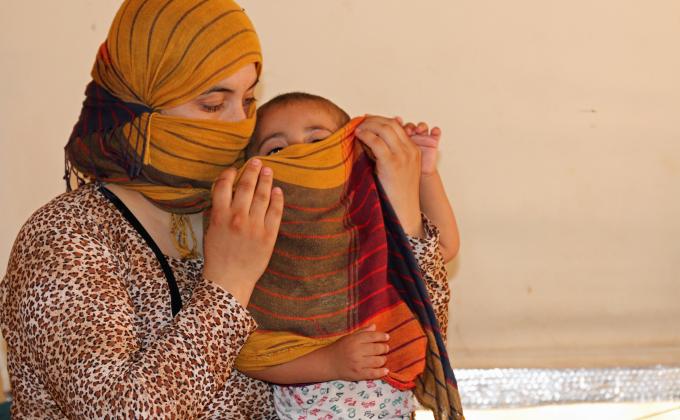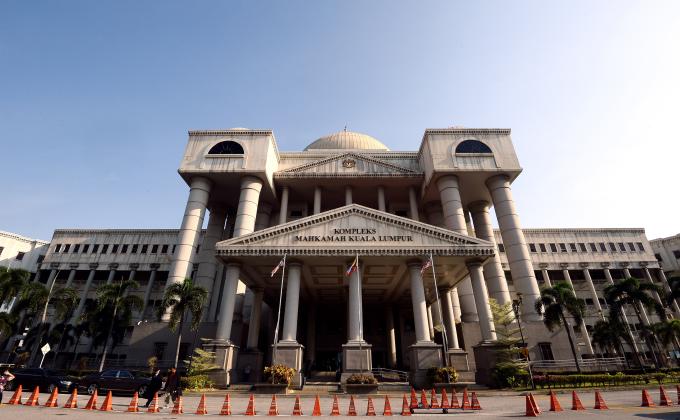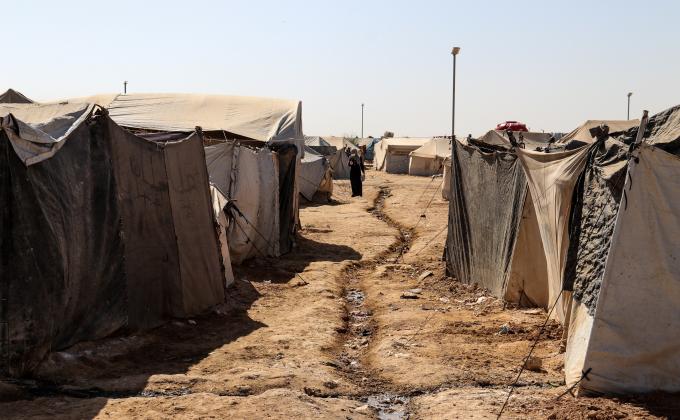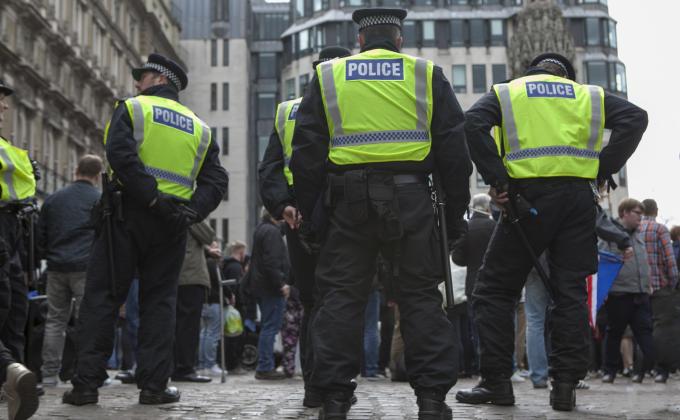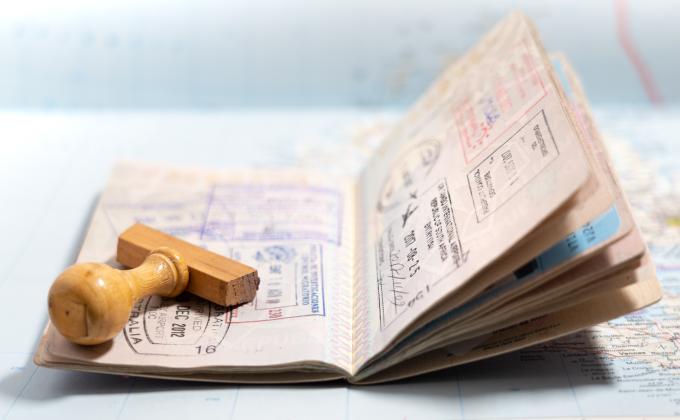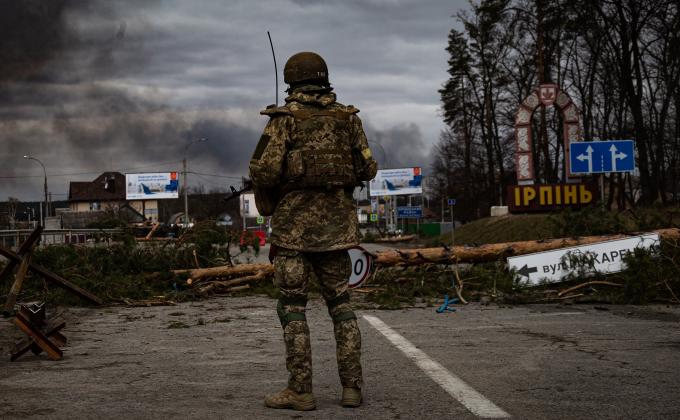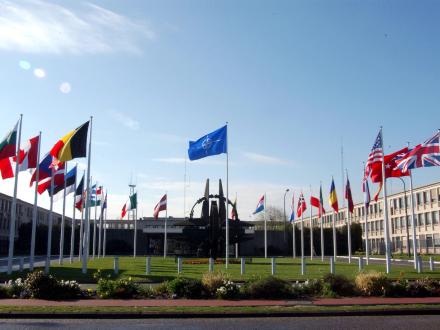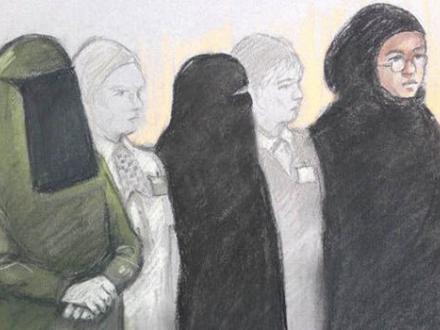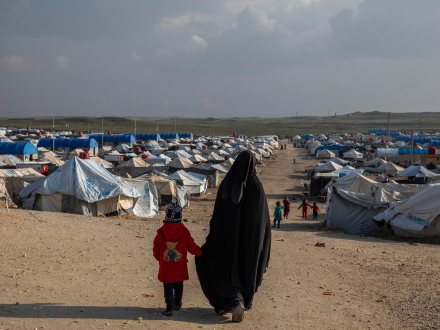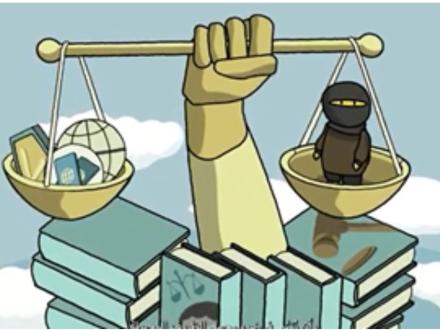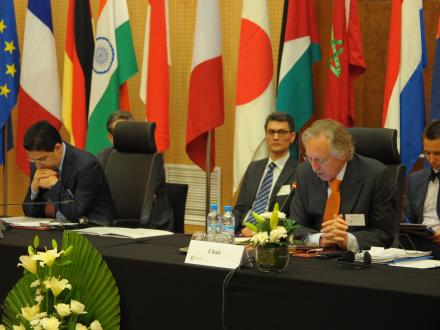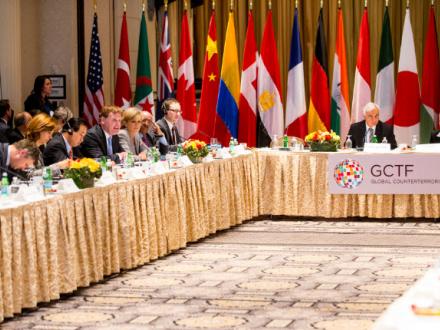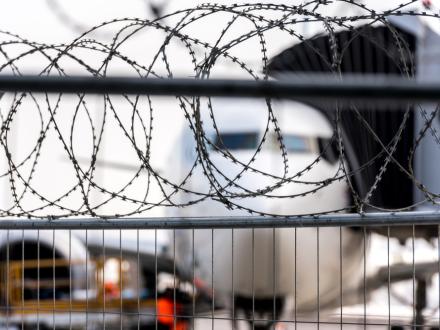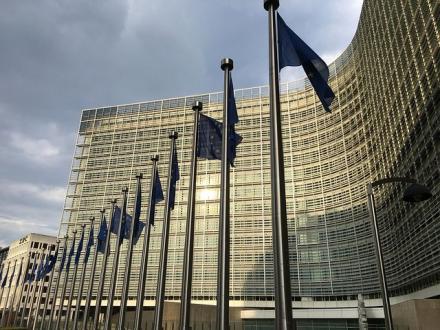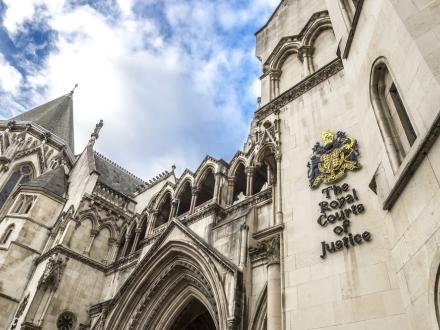Under international law, states have the responsibility to bring terrorists to justice. This means that states need to ratify and effectively implement the relevant conventions and binding UNSCRs, criminalize terrorist offences, establish appropriate penalties and sentences that duly reflect the seriousness of the crimes and facilitate mutual legal assistance in accordance with international law.
The counter-terrorism framework has expanded significantly since 9/11. To combat this, during the last decade governments have increasingly adopted legislation that criminalizes the preparation, facilitation and incitement of terrorism. Furthermore, states have implemented a range of administrative measures – including listing procedures, the use of watchlists, control orders and deprivation of nationality – aimed at the prevention of terrorism. Some of these efforts pose serious challenges to human rights and the rule law. States, but also the United Nations Security Council need to be held accountable for the counter-terrorism laws and policies that they have created.
The terrorism threat landscape is becoming more diversified and complex. While some progress has been made, a significant number of FTFs and their families are still in detention or make-shifts camps and elsewhere in Northeastern Syria, posing a challenge to the international community. The legal debate relating to repatriation is still on-going. The rise of right-wing extremism, in particular in Europe and the United States, but other regions is growing concern. Perpetrators – irrespective of their ideological motivation – should be held accountable in accordance with the rule of law and respect for human rights.
Our Priority Areas
- Foreign ‘Terrorist’ Fighters and their families
- Right-wing extremism through a criminal justice lens
- A RoL-based CT framework
- Accountability for Terrorism-related Crimes
- Evidence Collection, including Battlefield Evidence
- The use of administrative measures in a CT context












